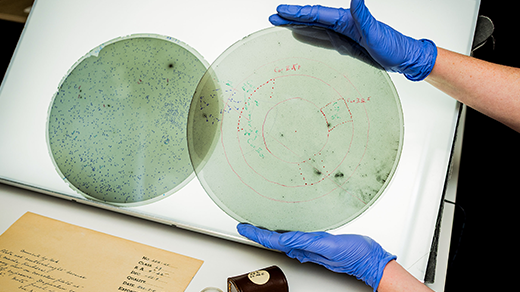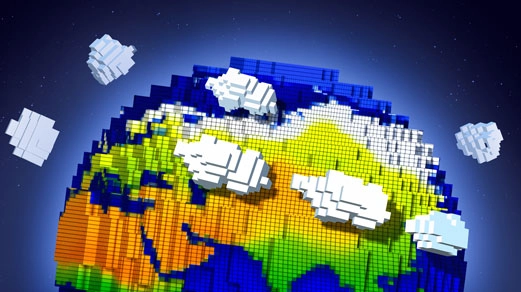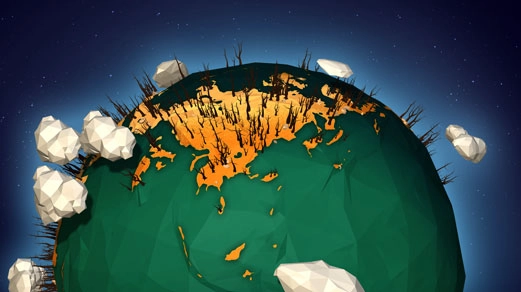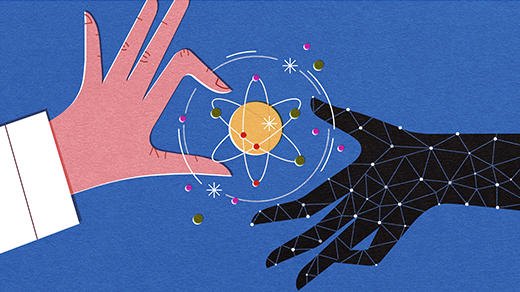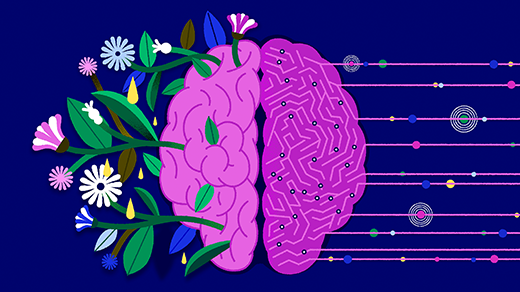What's up in
History of science
Latest Articles
How Modern and Antique Technologies Reveal a Dynamic Cosmos
Today’s observatories document every pulse and flash in the sky each night. To understand how the cosmos has changed over longer periods, scientists rely on a more tactile technology.
In Quantum Mechanics, Nothingness Is the Potential To Be Anything
Try as they might, scientists can’t truly rid a space or an object of its energy. But what “zero-point energy” really means is up for interpretation.
How Climate Scientists Saw the Future Before It Arrived
Over the past 60 years, scientists have largely succeeded in building a computer model of Earth to see what the future holds. One of the most ambitious projects humankind has ever undertaken has now reached a critical moment.
The Math of Catastrophe
Tipping points in our climate predictions are both wildly dramatic and wildly uncertain. Can mathematicians make them useful?
What Is the Fourier Transform?
Amid the chaos of revolutionary France, one man’s mathematical obsession gave way to a calculation that now underpins much of mathematics and physics. The calculation, called the Fourier transform, decomposes any function into its parts.
‘It’s a Mess’: A Brain-Bending Trip to Quantum Theory’s 100th Birthday Party
Hundreds of physicists (and a few journalists) journeyed to Helgoland, the birthplace of quantum mechanics, and grappled with what they have and haven’t learned about reality.
Matter vs. Force: Why There Are Exactly Two Types of Particles
Every elementary particle falls into one of two categories. Collectivist bosons account for the forces that move us while individualist fermions keep our atoms from collapsing.
What Happens When AI Starts To Ask the Questions?
Technology has forever served as science’s toolbox. But now that AI is being used to develop questions and methods as well, some scientists wonder what their role is going to become.
AI Is Nothing Like a Brain, and That’s OK
The brain’s astounding cellular diversity and networked complexity could show how to make AI better.
